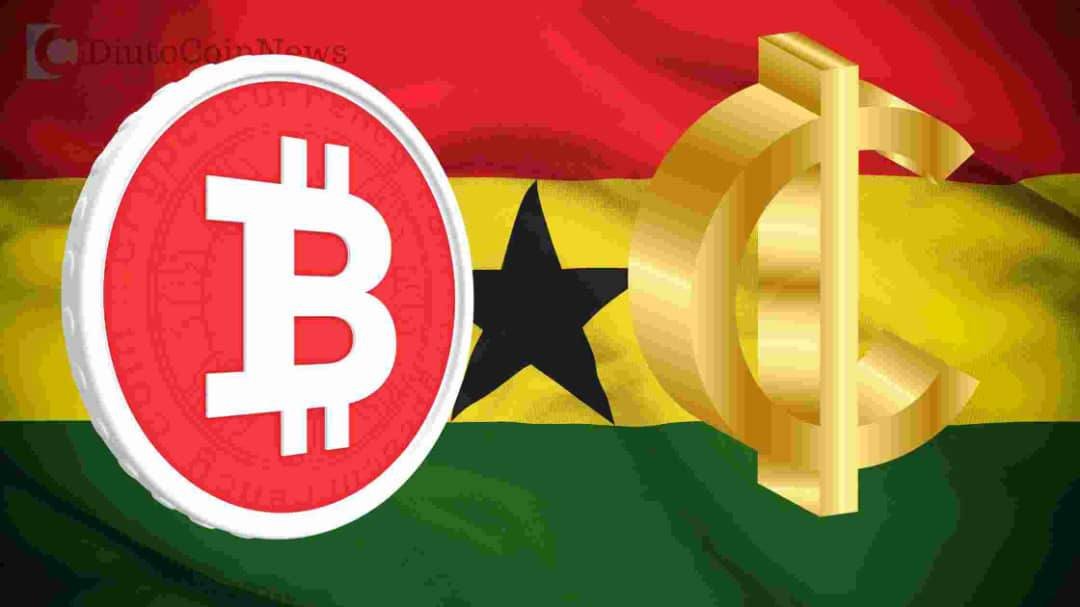Ghana’s national currency, cedis took the title of the world’s best performer against the dollar this week amid optimism the debt distressed country is closer to achieving an International Monetary Fund bailout.
Thank you for reading this post, don't forget to subscribe!
The cedi has rallied 10% in the past five days, the biggest advance among about 150 currencies tracked by Bloomberg. That’s a turnaround for an exchange rate that had lost half of its value this year and occupied the bottom slot in the charts.
According to the report, “The currency was the cheapest in Africa, more than 30% undervalued versus its 25-year history last week, so some rebound after the huge fall recently isn’t that surprising,” said Charles Robertson, the global chief economist at Renaissance Capital Ltd. in London. Also we have the IMF in town, which should pave the way for dollar support.”
The Minister of Finance, Ken Ofori-Atta disclosed in the 2023 budget statement that Ghana’s public debt scaled-up by GH₵93 billion (about $7.2 billion at current interbank rate) due to the depreciation of the Ghanaian cedi in less than 11 months this year.
On 4th December, 2022, the government officially announced a debt operation exercise called “Domestic Debt Exchange” which outlined the nature of debt restructuring for domestic creditors. This is to pave the way for the much anticipated $3 billion IMF bailout package.
The Minister in charge of Finance indicated that “Under the programme, domestic bondholders will be asked to exchange their instruments for new ones. Existing domestic bonds as of 1st December 2022 will be exchanged for a set of four new bonds maturing in 2027, 2029, 2032 and 2037. The annual coupon on all of these new bonds will be set at 0% in 2023, 5% in 2024 and 10% from 2025 until maturity. Coupon payments will be semi-annual.”
Also Read: Ghana Cedi Falls Like Luna and Worst Performing Currency Against USD
He however, emphasised that “the Government of Ghana has been working hard to minimise the impact of the domestic debt exchange on investors holding government bonds, particularly small investors, individuals, and other vulnerable groups.” As a result, “Treasury Bills are completely exempted and all holders will be paid the full value of their investments on maturity.”
As of September 2022, government of Ghana’s sovereign debt portfolio stood at GH₵467.4 billion ($48.9 billion) with a domestic component worth GH₵195.7 billion ($20.5 billion) and an external slice of GH₵ 271.7 billion ($28.4 billion).























